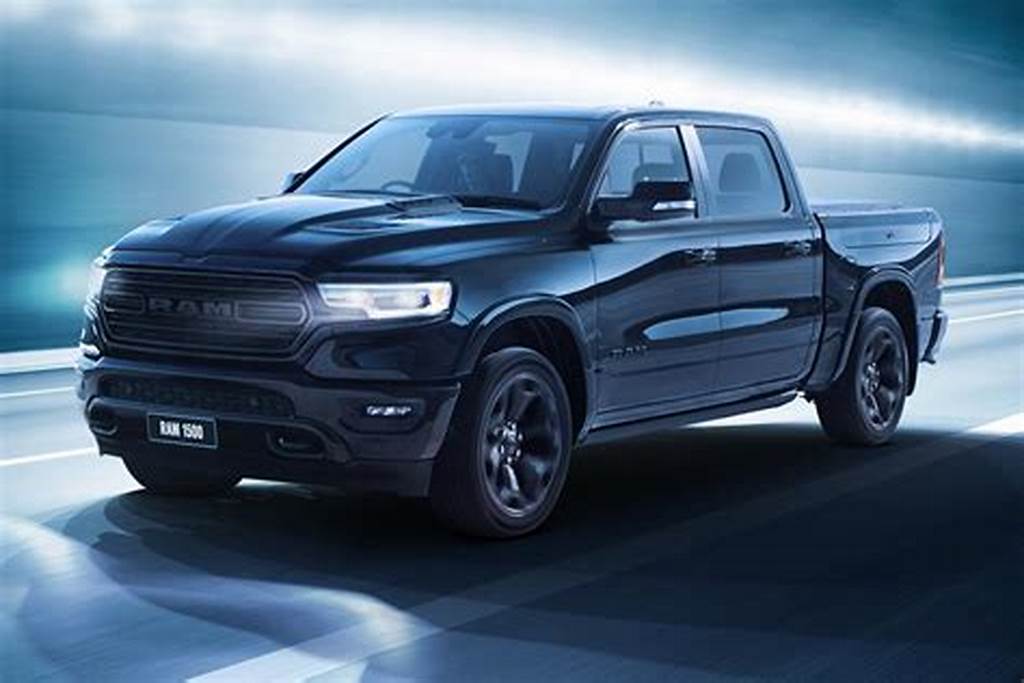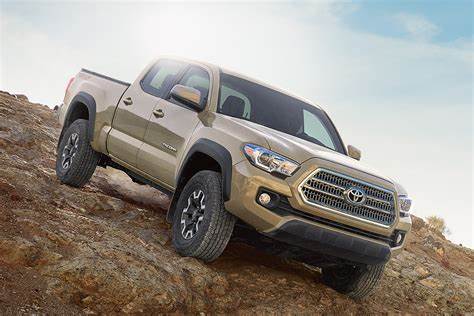When it comes to choosing a vehicle for business or personal use, the decision between a pickup truck and a commercial truck can be daunting. Both types of vehicles offer unique benefits, but the right choice depends on several factors including the nature of your work, your budget, and your driving preferences. Whether you need a vehicle for transporting goods, equipment, or for personal use, understanding the differences between pickup trucks and commercial trucks is essential in making an informed decision. This article will break down the key factors to consider when choosing between these two types of trucks.
Understanding the Key Differences
Purpose and Size
One of the primary differences between pickup trucks and commercial trucks lies in their size and intended use. Pickup trucks are designed for lighter loads, typically used for personal transportation or smaller business tasks. They are more compact, offering a balance of power and maneuverability for everyday driving.

Commercial trucks, on the other hand, are built for heavy-duty use and are much larger. These trucks are used for transporting large quantities of goods, often in business or industrial settings. With significantly higher payload capacities, commercial trucks are ideal for large-scale operations and heavy cargo.
Payload and Towing Capacity
Pickup trucks generally have a towing capacity ranging from 3,000 to 12,000 pounds, depending on the model and engine type. These vehicles are perfect for towing boats, trailers, or small-to-medium-sized loads. Their payload capacity usually ranges from 1,500 to 3,500 pounds, making them a suitable choice for lighter hauling needs.
Commercial trucks, however, are designed to handle much heavier loads. They can carry payloads of up to 80,000 pounds, depending on the configuration. If your business requires the transport of large, heavy goods or specialized equipment, a commercial truck will be the more appropriate choice.
Efficiency and Fuel Economy
Pickup Trucks
While pickup trucks are generally more fuel-efficient than commercial trucks, the exact fuel economy varies based on the vehicle’s size, engine, and weight. A full-size pickup truck typically achieves between 15 to 25 miles per gallon, with hybrid or diesel models offering slightly better efficiency. Pickup trucks are ideal for those who need a vehicle that balances performance with fuel savings.
Commercial Trucks
Commercial trucks, due to their size and heavy-duty nature, tend to consume much more fuel. A typical commercial vehicle might average between 6 to 10 miles per gallon, which can add up significantly, especially for businesses that rely on frequent long-distance driving. While commercial trucks are built for power and capacity, their fuel efficiency is often a trade-off for these features.
Maintenance and Operating Costs
Pickup Trucks
Owning a pickup truck generally involves lower maintenance costs than a commercial truck. Regular servicing and part replacement (such as tires, brakes, and oil changes) are relatively inexpensive compared to the maintenance of larger trucks. Additionally, because pickup trucks are used more casually and for less intensive purposes, they typically experience less wear and tear, which can extend their lifespan and reduce overall costs.
Commercial Trucks
The maintenance costs for commercial trucks are considerably higher due to their size, complexity, and the heavy-duty nature of their work. Commercial vehicles require more frequent servicing, and their parts, including tires and engines, are significantly more expensive. Furthermore, the amount of time these trucks are on the road and the loads they carry can lead to faster wear and tear, necessitating more repairs and replacements over time.
Versatility and Maneuverability

Pickup Trucks
One of the main advantages of pickup trucks is their versatility and ease of maneuverability. These vehicles are built for both personal and business use, offering spacious cargo beds while maintaining the ability to drive comfortably in urban and suburban areas. With a smaller footprint compared to commercial trucks, pickup trucks are much easier to park and navigate through tight spaces, making them perfect for urban environments.
Commercial Trucks
Commercial trucks, due to their large size and weight, are more difficult to maneuver, especially in urban areas. They require special training to operate safely, and parking can be a challenge, particularly in busy city environments. These trucks are best suited for rural or industrial areas where space is abundant, and the need for tight turns or parking is minimized.
Durability and Longevity
Pickup Trucks
While pickup trucks are built for durability and can withstand rugged conditions, their longevity typically depends on the use and maintenance they receive. For individuals or small businesses that do not rely on their vehicle for daily heavy-duty work, a well-maintained pickup truck can last for many years, often up to 200,000 miles or more.
Commercial Trucks
Commercial trucks are specifically designed for extreme durability. With their larger frames and more robust engines, they are built to handle the stresses of frequent heavy hauling. If properly maintained, commercial trucks can easily surpass 500,000 miles, making them a better long-term investment for businesses that require high-mileage hauling capabilities.
Licensing and Regulations

Pickup Trucks
Operating a pickup truck typically requires a standard driver’s license. There are minimal regulatory restrictions, making it easy for individuals or small business owners to operate these vehicles. Pickup trucks are subject to general traffic laws and, in most cases, do not require special permits or certifications.
Commercial Trucks
To drive a commercial truck, drivers need a commercial driver’s license (CDL). In addition to this requirement, commercial trucks are subject to more stringent regulations, including weight limits, road usage restrictions, and inspection requirements. Businesses that rely on commercial vehicles need to ensure their drivers are properly trained and licensed to comply with state and federal laws.
Costs and Financing Options
Pickup Trucks
The upfront cost of a pickup truck is generally much lower than that of a commercial truck. For small business owners or individuals who need a vehicle for occasional hauling or personal use, a pickup truck is often more affordable. Financing options are also more accessible, with a wider range of banks and lenders offering competitive rates for individuals and small businesses.
Commercial Trucks
The initial purchase price of a commercial truck is significantly higher due to its size and heavy-duty components. These trucks often require larger loans or leases, and businesses may need to explore specialized financing options. However, for businesses that rely on commercial trucks for daily operations, the investment can be worthwhile, given the vehicle’s increased capacity and longevity.
When to Choose a Pickup Truck

Personal Use
For individuals who need a vehicle for personal use, light hauling, or occasional towing, a pickup truck is often the best choice. These vehicles are versatile, fuel-efficient, and easier to drive and maintain, making them suitable for everyday activities like commuting, road trips, and outdoor activities.
Small Business Operations
Small businesses that need to transport tools, equipment, or materials for local jobs will find a pickup truck to be a practical and cost-effective solution. These trucks can handle a variety of tasks without the heavy investment required for a commercial truck.When to Choose a Commercial Truck
Large-Scale Business Operations
For businesses that require the transportation of large volumes of goods over long distances, commercial trucks are the better option. Whether it’s for freight, industrial equipment, or specialized services, commercial trucks are designed to handle heavy loads and long-term wear.
Specialized Work
If your business involves specialized work, such as construction, delivery, or waste management, commercial trucks provide the necessary power, space, and capability to get the job done efficiently.
Conclusion

The decision between a pickup truck and a commercial truck ultimately depends on your needs. For individuals and small business owners requiring versatility, lower costs, and easier handling, a pickup truck is a great choice. However, for businesses with heavy hauling requirements and large-scale operations, a commercial truck is the more suitable option. By understanding the specific demands of your work or personal life, you can make an informed choice that will provide the best value and performance in the long run.

Leave a Reply